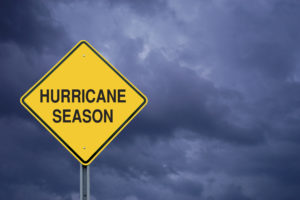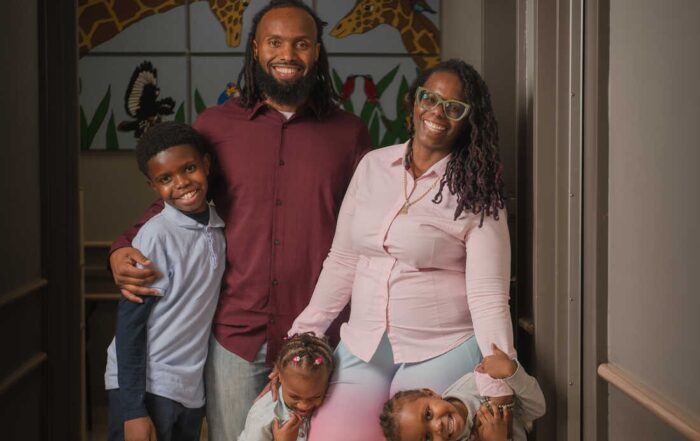
By Leslie K. Taylor, PhD
It’s the end of the school year and many children and families are ready for days at the swimming pool, having cookouts or planning for vacation. Summer also marks the beginning of hurricane season, with heavy spring rains as common reminders of Hurricanes Harvey, Maria, Florence, or Michael. Children may have questions about thunderstorms, flooding, or what will happen if there’s a hurricane. Whether these questions are an indication of curiosity or potential nervousness about inclement weather, it’s important for parents to provide answer calm and thoughtful answers. Children’s concerns about disaster are not always fully appreciated by adults. It’s important for parents to ask children questions and gain understanding of their children’s knowledge and perspective of hurricanes, provide them developmentally appropriate information about how to prepare, and for parents to know and anticipate what their children will need from them during these events.
Share This Post!
What’s the Best Treatment for PTSD in Children?
By Joan Kaufman, PhD Joan Kaufman, PhD, of the Department of Psychiatry at Yale University, discusses the different stages of trauma-focused cognitive behavior therapy, or TF-CBT, the best evidence-based intervention for children who [...]
Expert Consensus Regarding Indicators of a Traumatic Reaction in Autistic Youth: A Delphi Survey
By Connor M Kerns, Diana L Robins, Paul T Shattuck, Craig J Newschaffer, & Steven J Berkowitz It has been suggested that the sequelae of trauma are under-recognized in youth on the autism spectrum. [...]
Helping Children and Adolescents Cope with Traumatic Events
By Southern California Sunrise Recovery Center Children and adolescents are exposed to a number of different traumatic events that can spark a lot of emotions and physical reactions. The effects of [...]
Trauma screening may help connect children to specific mental health services
By Penn State Each year between 200,000 and 270,000 children and youth enter foster care placements with child welfare services, and many more children receive child welfare services while remaining in [...]
The Mental Health of Minority and Marginalized Young People: An Opportunity for Action
By Vivek H. Murthy, Surgeon General Mental health is an essential part of overall health. It not only affects the ability of young people to succeed in school, at work, and [...]
How to Break the Cycle of Childhoold Trauma? Help a Baby’s Parents
By Rhitu Chatterjee, NPR Teresa Cox-Bates was only 11 years old when her father died, an event that dramatically altered her family's circumstances and shaped her childhood experiences. Studies also show [...]







